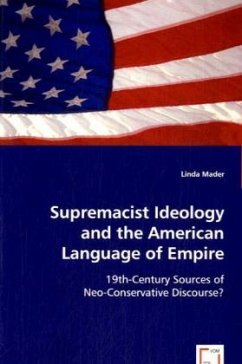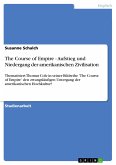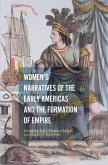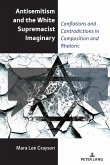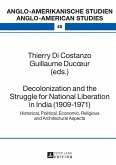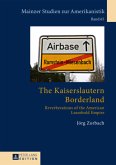At the end of the 19th century, an influential group of Americans argued for the extension of U.S. control over foreign territory by forceful means. A century later, so-called neo-conservatives advocated a policy of strength to ensure continued U.S. global dominance. The groups of both time periods were ready to use American power in order to impose their interests upon others, and to disregard national sovereignties and other nations` concerns in the pursuit of their goals. Their discourse - the American language of empire - makes the case for and supports the extension of U.S. control, military intervention abroad, disregard for international law, and a longer-term occupation of foreign territory.This study draws on methods of Critical Discourse Analysis (CDA) in order to analyze how the American language of empire justifies power, and whether or not the language of the 21st century bears remnants of the language of the 19th century. The author identifies six constitutive elements of the American language of empire.As CDA is an interdisciplinary approach, this book, originally an MA thesis, is addressed to Americanists as well as linguists, political scientists and historians.
Bitte wählen Sie Ihr Anliegen aus.
Rechnungen
Retourenschein anfordern
Bestellstatus
Storno

